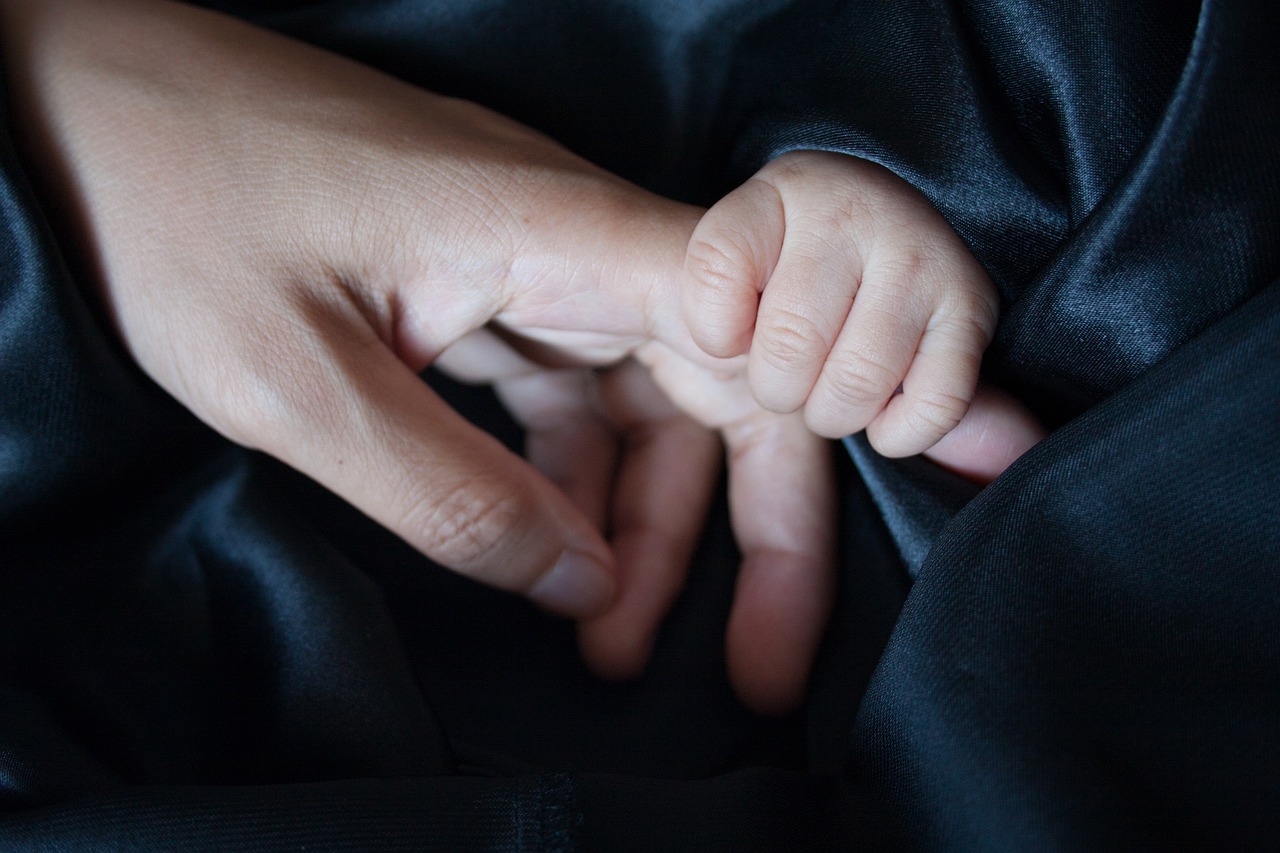- When Science Meets Crime: The Rise of BioTech Fraud in China - April 22, 2025
- How Sports Betting Is Fueling a New Era of Crime Networks - April 10, 2025
- The Dark Side of Influencer Parenting: The Case of Ruby Franke - April 8, 2025
Ruby Franke: A Snapshot

Ruby Franke, a name synonymous with the influencer parenting world, rose to prominence through her YouTube channel “8 Passengers.” The channel, which once boasted millions of subscribers, provided an intimate look into her family’s life, often touted as a guide for parenting and lifestyle choices. However, what seemed like an idyllic portrayal of family life masked deeper, more troubling issues. The allure of influencer fame often obscures the ethical dilemmas inherent in broadcasting private family moments to a vast audience. This case shines a light on the potential pitfalls and ethical quandaries that come with such exposure.
Influencer Parenting: A Growing Trend

The rise of influencer parenting is not just a blip on the social media radar; it has become a booming industry. According to Statista, the influencer marketing industry was projected to reach a staggering $15 billion by 2022. Families like the Frankes have tapped into this lucrative market, sharing their lives for profit. This trend raises critical questions about the boundaries between private life and public persona, as many families now see their personal narratives as commodities. While some argue that this visibility offers valuable parenting insights, others worry about the erosion of personal privacy.
Controversial Content on “8 Passengers”
Ruby Franke’s channel, “8 Passengers,” has not been without its share of controversy. Critics have often highlighted her strict disciplinary methods, which sometimes include public shaming of her children. In a 2021 interview, Franke defended her parenting style, asserting that such methods instill responsibility in her kids. However, viewers have expressed concern about the potential psychological impact on her children, questioning the ethics of sharing these moments publicly. The controversy underscores the delicate balance influencers must strike between authenticity and responsibility.
Social Media’s Influence on Parenting
The impact of social media on parenting cannot be overstated. A study published in the Journal of Child and Family Studies found that parents who follow parenting influencers are more likely to adopt similar practices, regardless of their effectiveness. This phenomenon raises ethical concerns about the responsibility influencers like Franke have in shaping parenting norms. The sway of social media can lead parents to prioritize online approval over the well-being of their children, a trend that warrants critical examination.
Consequences of Public Parenting
The ramifications of public parenting can be profound and far-reaching. In 2022, Ruby Franke faced significant backlash after a video emerged showing her children being punished for minor infractions. This incident sparked a heated debate about the appropriateness of sharing such disciplinary actions online. Experts caution that exposing children to public scrutiny can result in long-term emotional and psychological harm. The case of Ruby Franke serves as a stark reminder of the potential consequences of public parenting.
The Influence of Followers
Followers and viewers play an integral role in the influencer parenting ecosystem. Many fans idolize influencers like Franke, often turning a blind eye to the potential harm in their parenting methods. According to Pew Research Center, 69% of parents believe that social media positively impacts parenting, despite the risks associated with public exposure. This adoration can perpetuate harmful practices, as followers may emulate what they see without considering the implications.
Legal and Ethical Challenges
The legal landscape surrounding influencer parenting is still in its infancy. In 2023, lawmakers began to address the need for regulations concerning child influencers. While the Federal Trade Commission (FTC) has issued guidelines for advertising to children, enforcement remains a significant hurdle. The Ruby Franke case highlights the urgent need for clearer regulations to protect child influencers from exploitation, ensuring their rights and well-being are safeguarded.
Repercussions of Controversies
The controversies surrounding Ruby Franke have led to notable repercussions, including the loss of sponsorships and public support. In 2023, several brands distanced themselves from her following backlash over her parenting methods. This serves as a cautionary tale for influencers, illustrating the potential fallout when their actions come under scrutiny. The case underscores the importance of maintaining ethical standards in the influencer space.
The Future of Influencer Parenting
As influencer parenting continues to gain traction, it is crucial for both influencers and their audiences to critically evaluate the content being shared. Experts advocate for transparency and accountability to ensure the well-being of children involved in these online narratives. The future of influencer parenting may hinge on a collective shift towards more responsible practices, prioritizing the welfare of children above all else.
A Call for Change

The case of Ruby Franke serves as a poignant reminder of the complexities and challenges inherent in influencer parenting. As the industry evolves, it is imperative for influencers to recognize the impact of their content on their children’s lives and the broader community. By fostering a culture of responsibility and ethical sharing, the darker aspects of influencer parenting can be mitigated, paving the way for a healthier environment for both parents and children alike.



